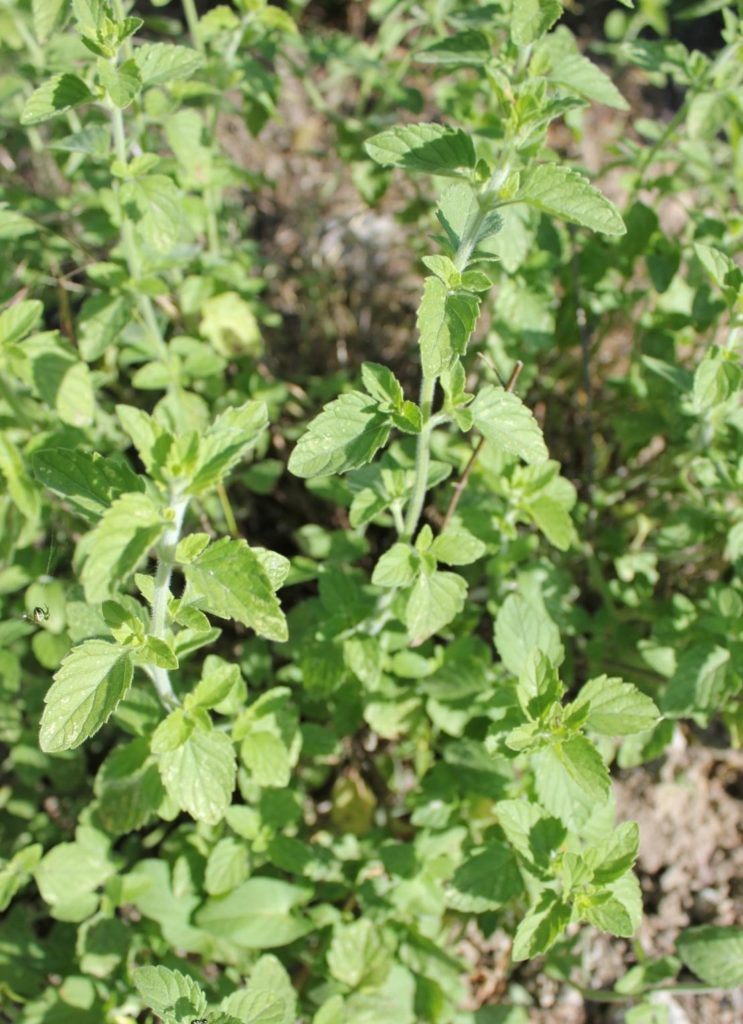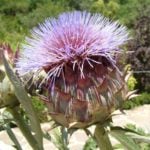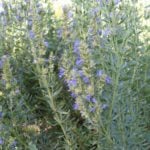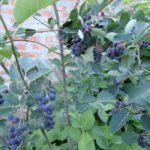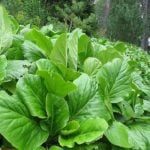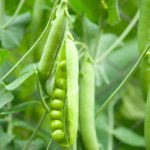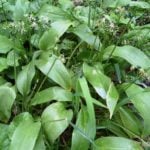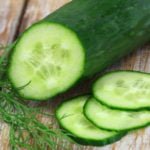This is a perennial herbaceous fragrant, with a pleasant herbaceous-spicy smell of thyme, the rhizome of a plant with an erect purple-colored, pubescent stem, 30-90 cm (1-3 feet) high.
This plant looks spectacular in group plantings on a spicy bed, a flower bed as a companion element.

Its dwarf varieties are good in rockeries, flower borders, where they form bright spots during the flowering period or create a colorful accent on the beautiful color of the leaves (varieties with yellow leaves).

Pruning is carried out during the period of mass flowering, starting from the second year of life at a height of 15-20 cm (5.9-7.9 inch) from the soil surface. The optimal landing scheme is 60×40 cm (2×1.3 feet). In one place, it is recommended to grow no more than 4-5 years. Undemanding to the soil, but on heavy clay, acidic soils does not grow well.
Decorative variety “Aureum” (slightly small, up to 25 cm (9.8 inch), Golden leaves, pink flowers).

In nature, oregano is found among shrubs, in light forests, on the edges of forests, meadows, slopes in forest and forest-steppe areas.
This is not only an ornamental, but also a food, spicy, medicinal, honey-bearing plant. Young leaves (salads), fresh or dried herbs (seasonings for sauces, fillings, soups, cheeses, kvass, beer, tea, canned food) are used for food.
For medicinal purposes, the herb is used, which has soothing, secretolytic, choleretic, diuretic, anti-inflammatory, analgesic, anthelmintic, antimicrobial, tonic and other effects. Contraindicated in pregnancy.
